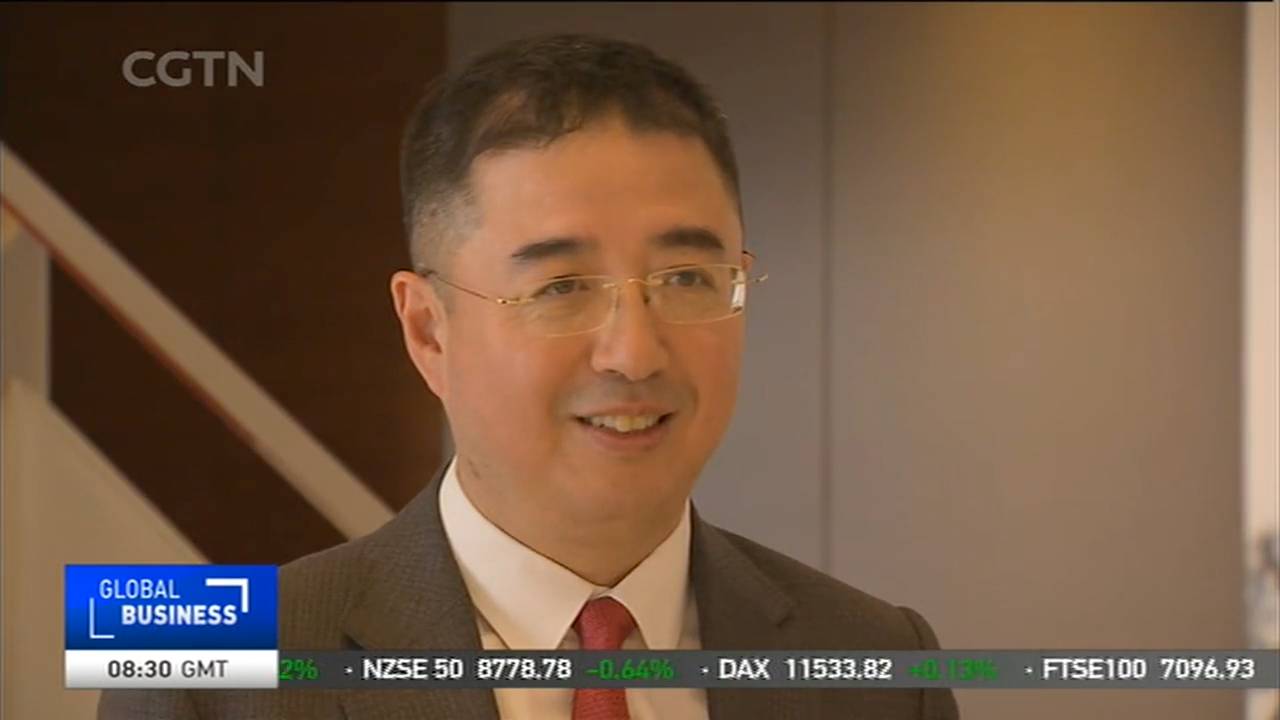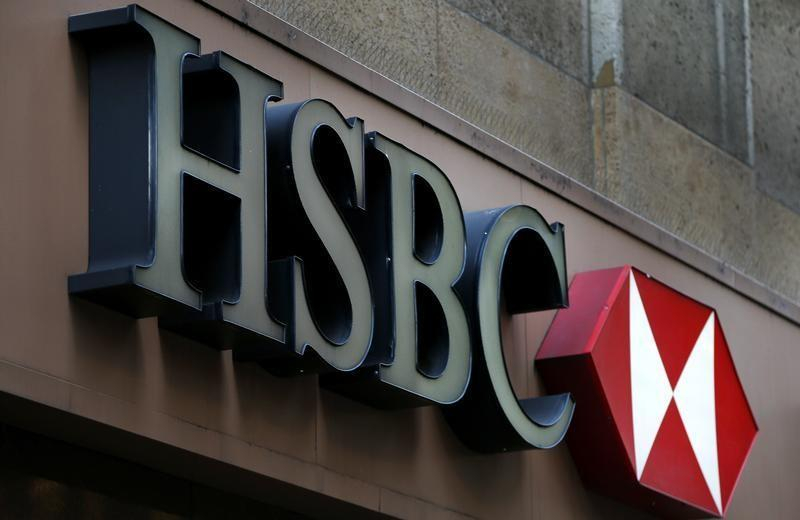
Business
22:29, 05-Nov-2018
Trailblazers in reform: Early financial practitioners witness opening up of China's banking sector
Updated
21:53, 08-Nov-2018
By CGTN’s Lily Lyu
06:49

China's economy, more open and more market-oriented, has brought significant opportunities for foreign banks in China.
Frank Fang, head of the commercial banking at HSBC bank, shared his career development along with the evolution of China's banking industry.
Shanghai's Lujiazui, also known as the “Wall Street” of China, is filled with financial professionals. Frank Fang, one of them, was the first batch of local talent recruited by a foreign bank.
“That was the first year HSBC launched a recruitment program in China. I was young and curious about everything. The entire banking industry was so alien to me. The only experience I had was putting money in the bank and withdrawing,” he recalled, “Three years of training programs, I was assigned back to China and my first position was IT manage… So every day was a learning experience for us.”

Frank Fang, head of the commercial banking at HSBC bank, speaks with CGTN. /CGTN Photo
Frank Fang, head of the commercial banking at HSBC bank, speaks with CGTN. /CGTN Photo
“What I did was to bring HSBC standard banking system into China. I was pretty confident after that job because I can build a bank by myself,” he added.
The origin of HSBC dates back to 1865, when the Hong Kong and Shanghai Banking Corporation started out with the clear and simple aim of supporting trade along the Chinese coast.
Over the years, trade became so much more extensive and varied, and HSBC grew with the market and trade finance became its mainstay.
China's first steps to reform and open up its economy in the late 1970s provided new opportunities for foreign banks. In 1984, HSBC became the first international bank to be granted a banking license in the Chinese mainland since the founding of the People's Republic of China in 1949.

The logo of HSBC. /Reuters Photo
The logo of HSBC. /Reuters Photo
“I still clearly remember all the milestones in the involvement of Chinese banking industry. In 1997, RMB business license .We reached out to learn how to operate RMB business. We were like primary school students. Till today, the majority of our business is in RMB,” said Fang.
As Fang witnessed the growth in China's banking industry, he also went through a list of different positions within HSBC. Until he found his calling in corporate banking, now he is proudly considers himself a corporate banker.
“We dealt with totally different client groups... HSBC was uniquely positioned to facilitate that. I come from a client relationship background, that's the piece I enjoy the most, spending time with my clients. Understanding their business, their market, how as a bank we can help them to grow,” he cited.
Meanwhile, Fang said with a sense of pride that his young colleagues often call him “a walking HSBC history” because of his 27 year career with HSBC.

SITEMAP
Copyright © 2018 CGTN. Beijing ICP prepared NO.16065310-3
Copyright © 2018 CGTN. Beijing ICP prepared NO.16065310-3